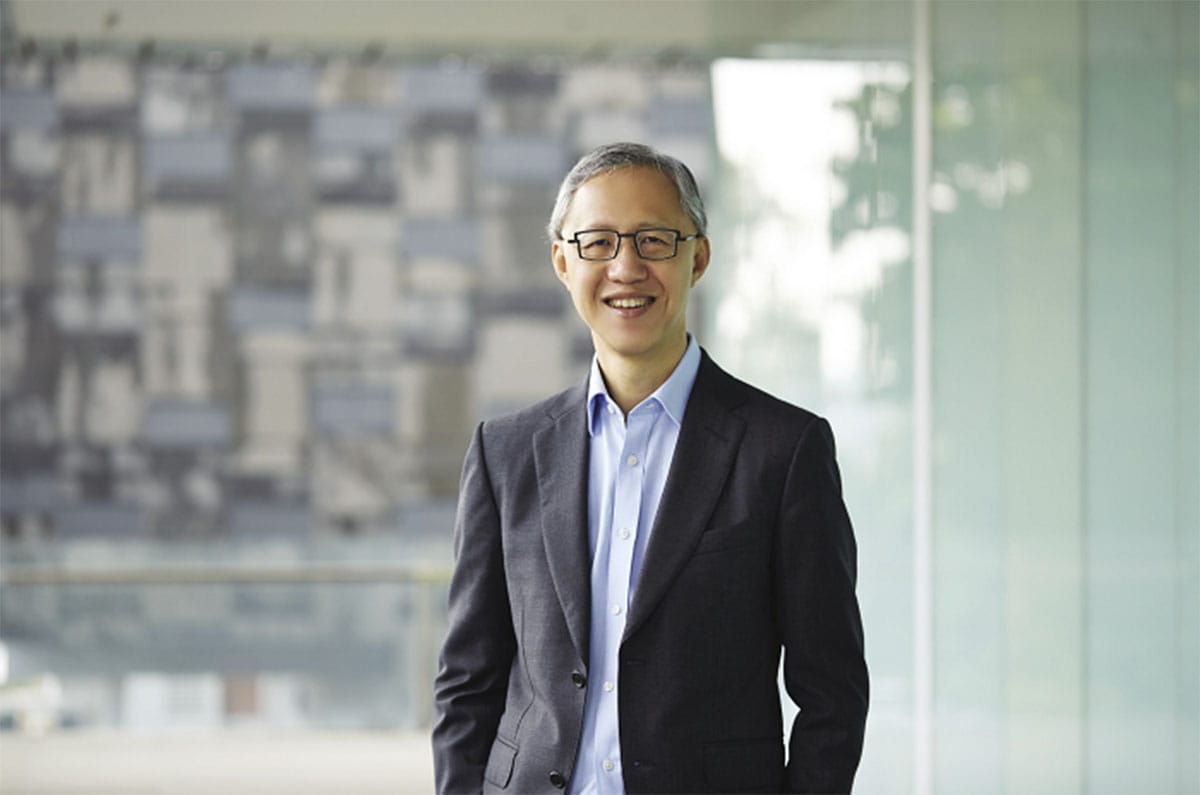
Prof Tan Cheng Han Sc On Pandemic “Déjà Vu”
The former dean of NUS Law on COVID-19, company law and the future of legal education.
Temperature screening points, contact tracing exercises and frequent hand-washing—as universities around the world implemented these measures to fight COVID-19 earlier this year, Professor Tan Cheng Han SC felt a sense of déjà vu. He had been the dean of the NUS Faculty of Law for two years in 2003 when SARS struck, forcing the university to operate as it never had before.
He recalls those trying days well, saying, “With SARS, technology had not advanced far enough and we had to have physical examinations that were due soon after the outbreak. The approach then was to take the temperature of students and ensure greater distancing between them while having limited examination venues. Some colleagues were afraid to be involved in the temperature taking exercise so I did it with a few others.”
Seventeen years later, Prof Tan is once again the dean of another leading law school in Asia— the City University of Hong Kong—amid another infectious disease outbreak. He quips, “Obviously my timing is not the best and law schools should seriously reconsider if they ever think of wanting me to be dean!”
But while the viruses are similar, the times are completely different, since COVID-19 has come at a time of technological ubiquity. This, he says, has made the transition to online learning and examination fairly seamless. “We had the online teaching tools at our disposal and in February 2020, made the transition. I think we must have been one of the first law schools in the world to do this.”
COVID-19 AND COMPANY LAW
COVID-19’s impact hasn’t been limited to education—it can also be felt in several areas of the law, including company law, which Prof Tan has a keen interest in. “The pandemic has led to some businesses having to deal with situations that were altogether uncontemplated… some had to pivot sharply to shifting circumstances and demands, even to the point of entering into new business lines and models,” he observes.
“To the extent that this was not contemplated by shareholders, there is a question whether shareholders unhappy with such steps can rely on just and equitable winding up by alleging that there has been a loss of substratum. To some degree, this may depend on how long the pandemic lasts and also whether it leads to fundamental and permanent change to the company’s business.”
Company law will also have to be understood differently because of recent decisions in the sphere—as Prof Tan puts it, the courts have been handing out important judgments over the past several years. “2019 was no exception. Particularly significant are two—somewhat problematic—first instance decisions on directors’ duties and a split decision of the Court of Appeal on how shares are to be valued in the context of an oppression action being settled.” This, he says, raises inter alia what significance should be given to the genesis of the action that led to the settlement agreement for the oppression action.
Prof Tan will be sharing insights like these at the upcoming SAL Annual Review on Company Law, which he will be presenting alongside Associate Professor Daniel Puchniak (NUS) and Assistant Professor Alan Koh (NTU). Another one of the cases that will be examined at the webinar next month involves the statutory derivative action. “To my understanding, this is the first local application of what is referred to as a ‘multiple derivative action’ and also highlights the Singapore courts’ pragmatic approach to such actions.”
Registrations for the SAL Annual Review on Company Law (19 November, 3.30pm – 5pm) are now open.
“I believe that online means of education are here to stay. This will open pathways for the best law schools to reach more students. It will also facilitate co-teaching and sharing of courses between law schools. My school is already in discussion with a number of schools to open up selected courses to students from partner schools. If such global classrooms are successful, it will revolutionise legal education.”

